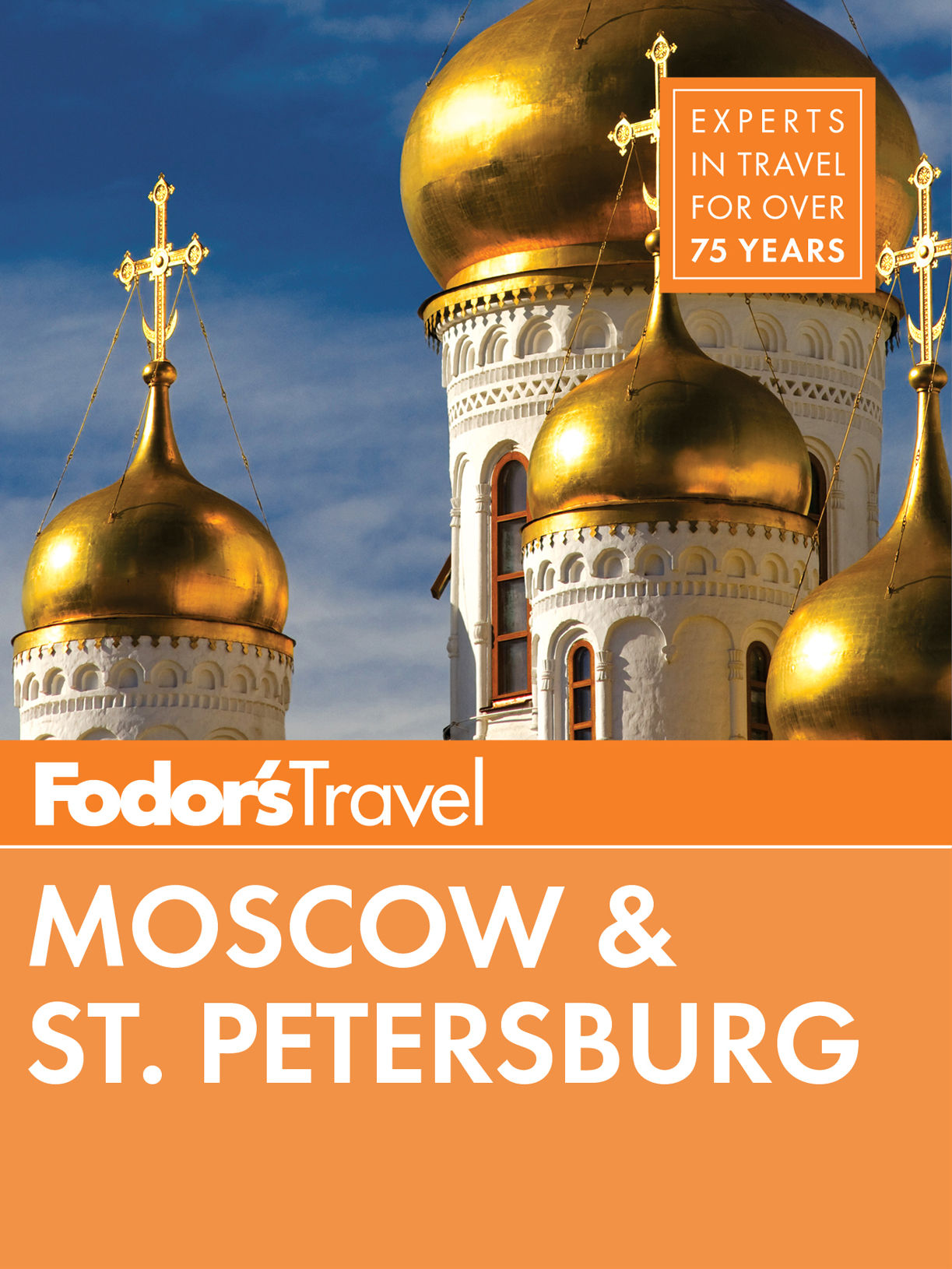
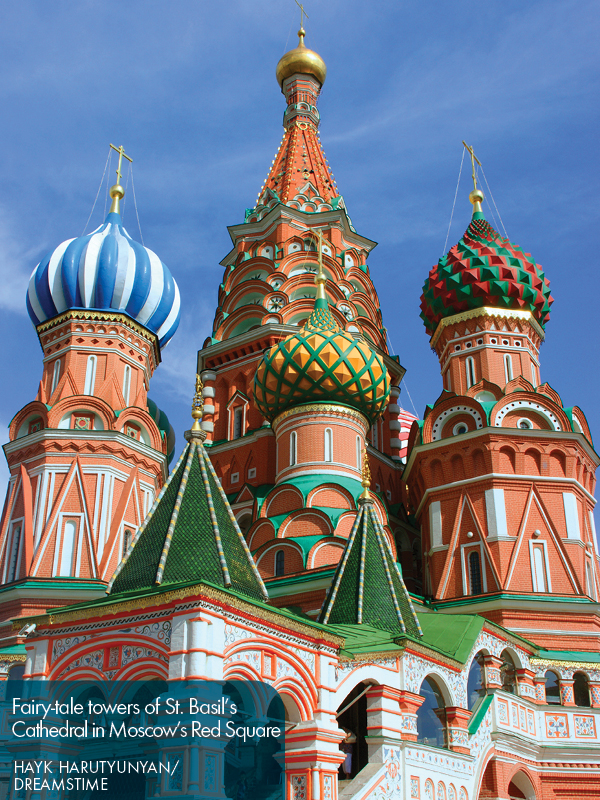
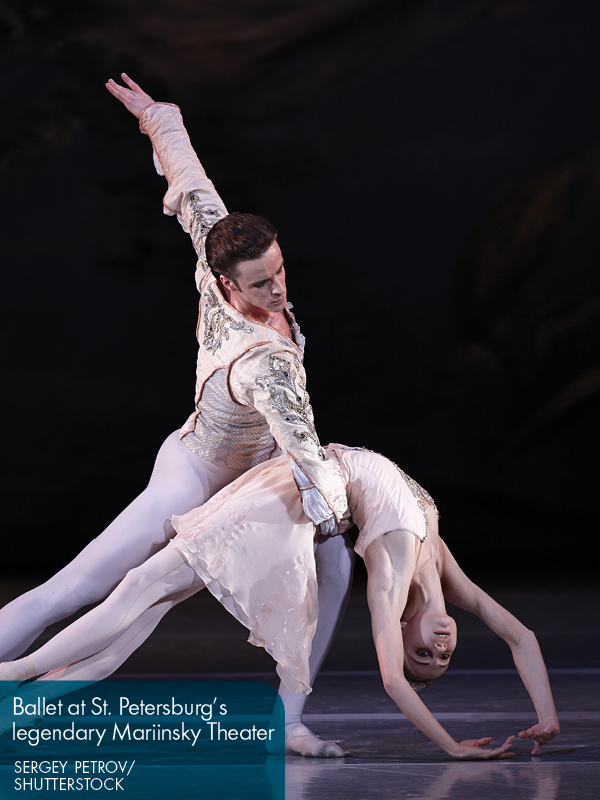
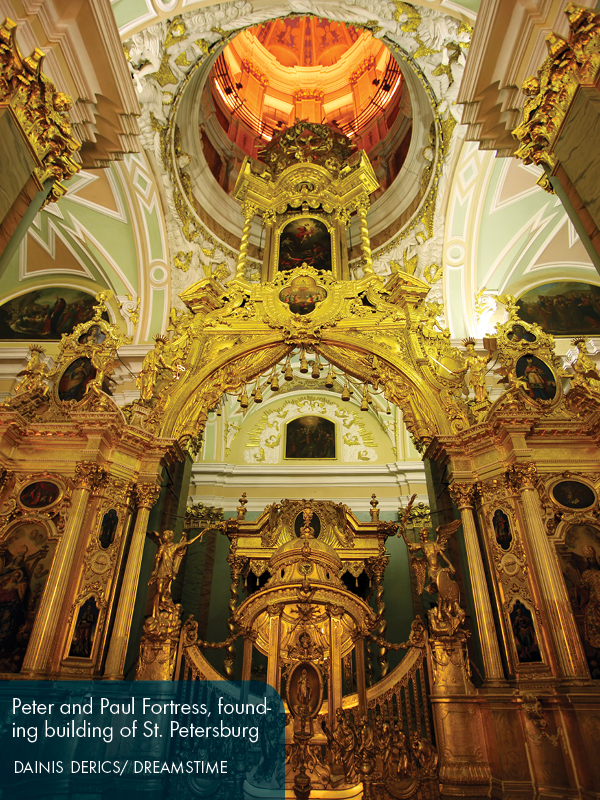
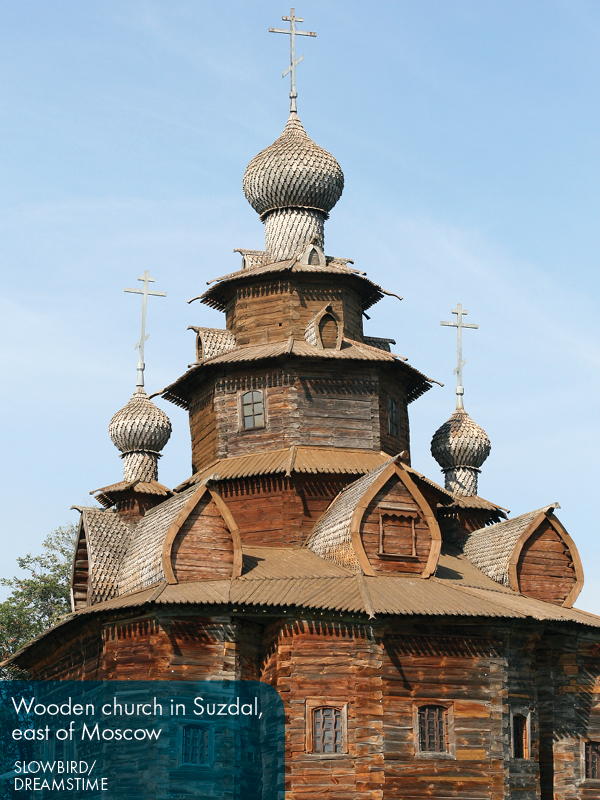
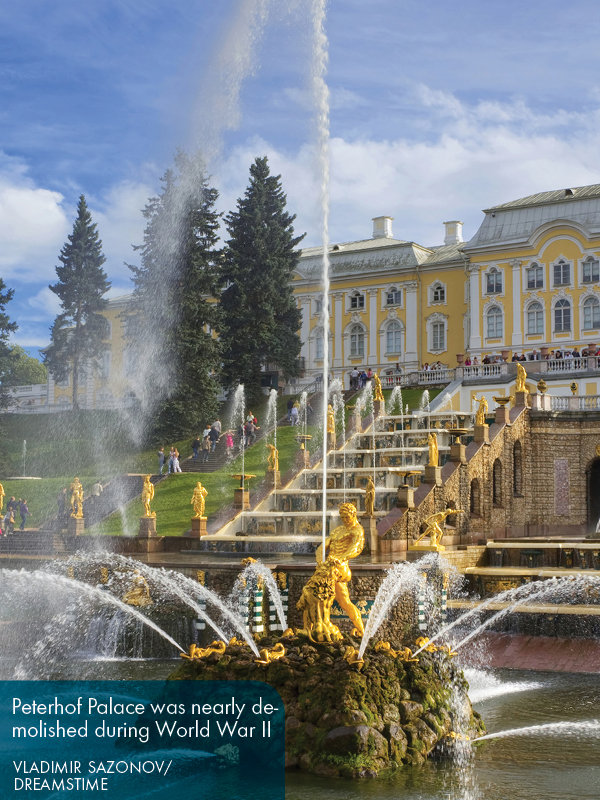
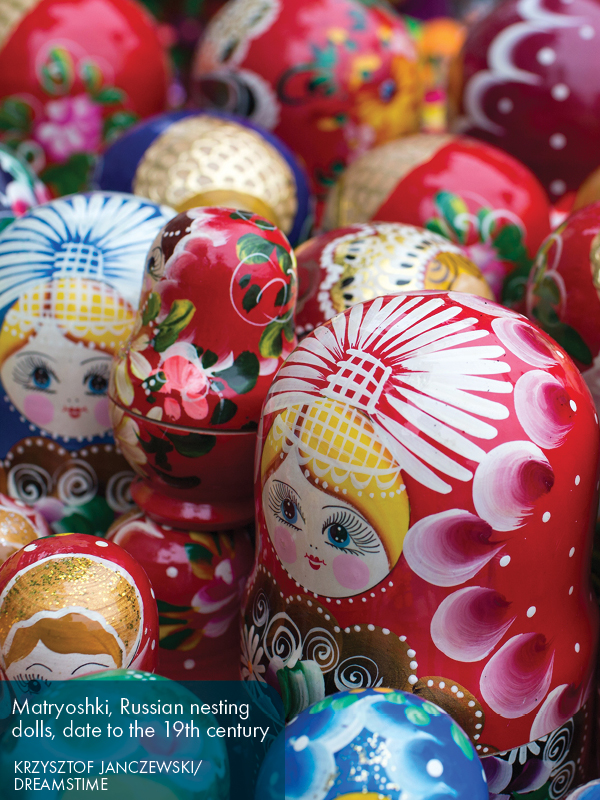
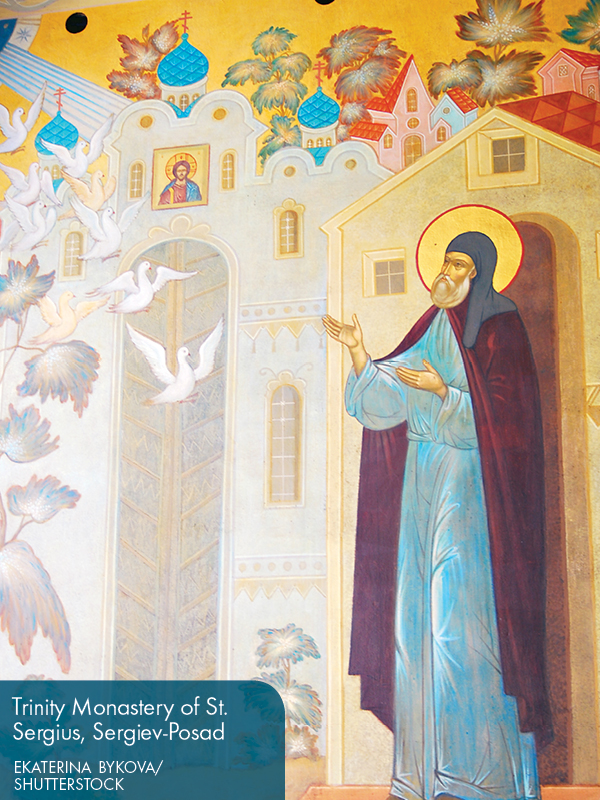
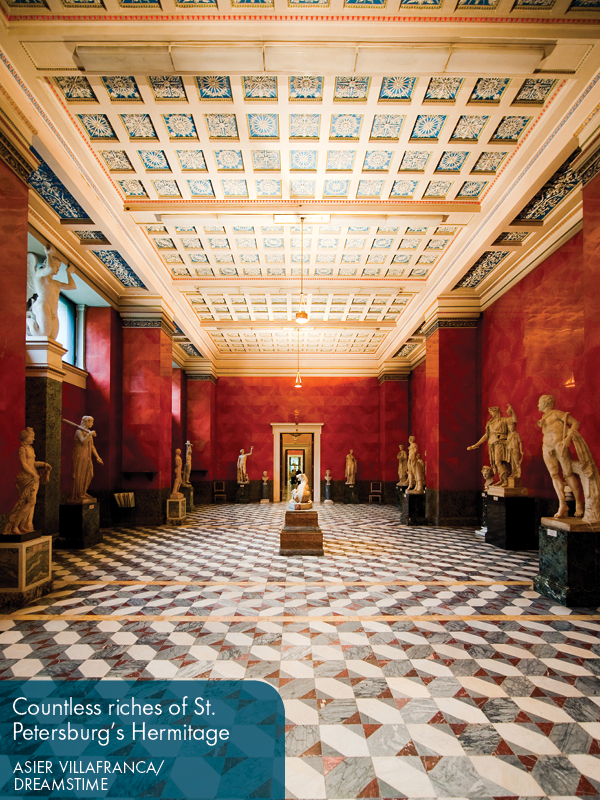
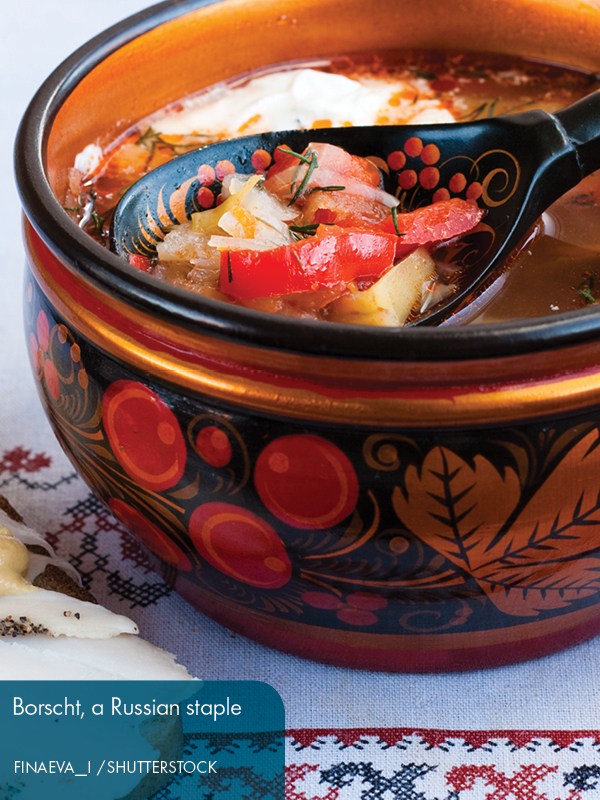
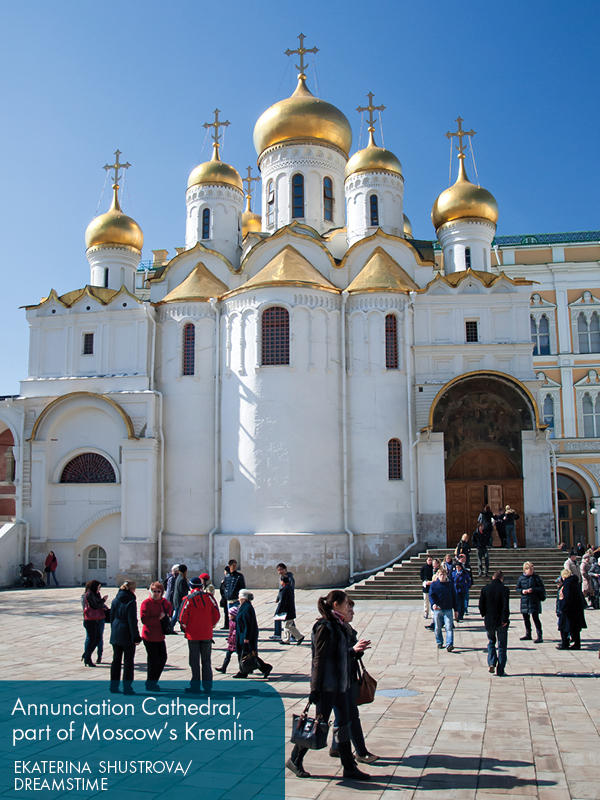

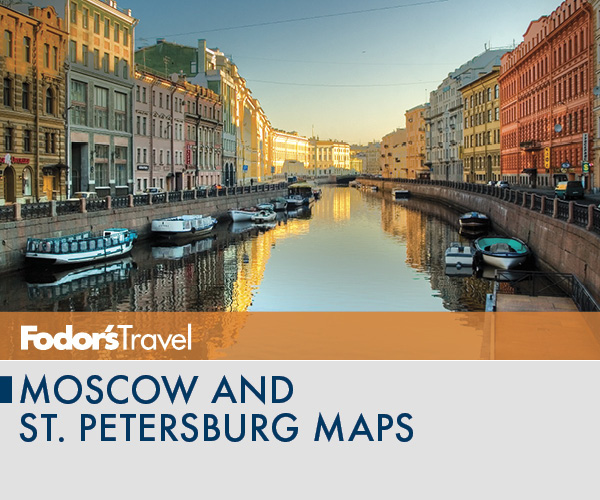
Experience Moscow and St. Petersburg
Exploring Moscow
Side Trips from Moscow
Exploring St. Petersburg
Side Trips from St. Petersburg
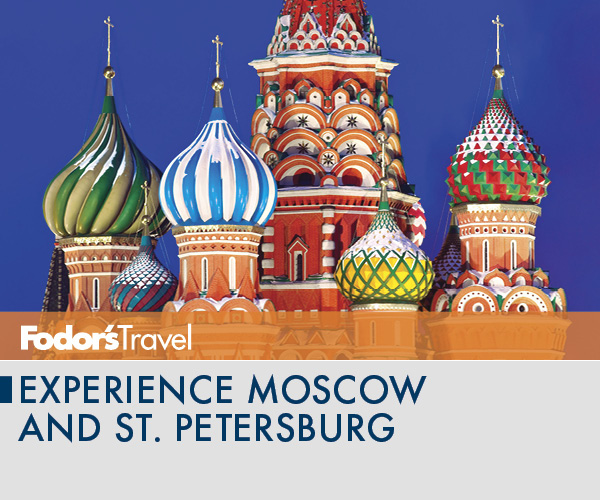
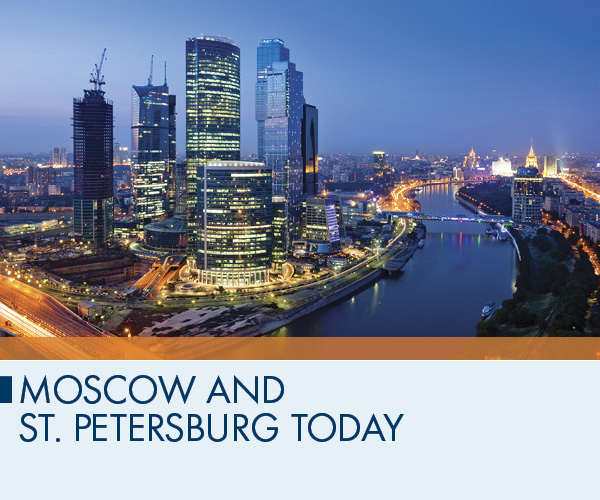
Russia has come a long way since the breakup of the Soviet Union in 1991, and now visitors have more access to what makes the country so enticingits rich history, vast expanses of land, and hospitable people. The country is at once exciting, overwhelming, and inviting.
Economy
Moscow and St. Petersburg arent budget travel destinations. Theres unimaginable wealth in the two cities, despite unnerving poverty in some of the farther regions of Russias vast expanse. In Russia, oil and gas are still the biggest games in town, and economic development is directly dependent upon their prices. Despite several economic crises during the past 15 years, Russias economy has bounced back and remains fairly stable, meaning the rich do indeed keep getting richer. The infamous business oligarchs who made their money during the post-Soviet privatization of Russia are still around, but the next generation, too, have acquired multimillionaire and billionaire status. All this opulent wealth cant hide the persistent poverty of these cities. Central Asian immigrants, in particular, come seeking economic stability and a better life only to find they can barely survive on the low wages of street cleaners and construction workers. The Kremlins attempts and promises to diversify the economy have, so far, been slow to bring significant results. However, there has been some trickle down, and Russias middle class continues to grow. And as their incomes continue to rise, so, too, do the prices in Moscow and St. Petersburg.
Politics
If you cant remember whether Vladimir Putin is president or prime minister, dont worry. Its confusing to many Russians, too, since Putin has held one of the two positions since 1999. As of this writing, Putin was again the president of Russiahis third term after a break in between consecutive term limits to switch places with his successor and serve as prime minster.
But whatever his title, Putins political strength and influence call the shots in Russia. Western pundits criticize Putins erosion of Russias young democracy, but ask most Russians about how they feel about him, and theyre likely to tell you that they admire him and what hes done for the country. Russians wont hesitate to complain about the bureaucracy and poor state of much of the cities infrastructure, however, and critical voices do exist, although their dissent is usually quashed when it gets too loud, as it happened during the protests that followed the parliamentary elections of 2011. Hundreds of thousands took to the streets of Moscow and other large Russian cities with their symbolic white ribbons pinned to their heavy coats to rally against what they said was a rigged election. Hundreds of the protesters were arrested, and the Kremlin quickly imposed harsher regulations for conducting public protests. When Putin was reelected as president in March 2012, the protests were smaller and lacked the previous vigorwith the notable exception of members of the feminist punk-rock group Pussy Riot, several of whom were arrested for staging and filming a performance in an Orthodox Church to protest its leaderships support of Putin.
Meanwhile, anti-American rhetoric amped up after the U.S. said it would ban visas to Russians accused of human rights violations. The Kremlin responded with a ban on all adoptions of Russian orphans by U.S. citizens. The good news is that most visitors are unlikely to be affected by the tit-for-tat between Washington and Moscow, and most Russians will avoid uncomfortable political talk with guests.
In 2013, President Putin signed a bill into law that criminalized so-called homosexual propaganda. This caused controversy when it happened, and time will reveal the consequences.
Olympic Fever
The Olympic committee surprised the world when it chose the southern Russian city of Sochi to host the 2014 Winter Games. Russians greeted the news with less surprise, however. Sochi was a favorite winter destination during Soviet times, and was repopularized when Putins ski trips there were broadcast on state news channels. The remaking of Sochi and its surroundings continues with much to-do about controversial government spending and questionable project tenders. Some estimates put a $15-billion price tag on the project of turning Sochi into a smooth-running Olympic operation. But in Moscow and St. Petersburg, Olympic pride has taken hold. Bosco Sports, a Russian sports clothing line and one of the official sponsors of the events, has opened stores around the country to sell some of the Team Russia paraphernalia.
Religion
The Russian Orthodox Church is experiencing a new surge in believers after having an on-again, off-again relationship with its congregation for decades. During the years of the Soviet Union, the churchand religion in generalwas forbidden at times and used to manipulate nationalist sentiment during others. Today, many previously destroyed churches have been reconstructed, the most notable of these being the sparkling Cathedral of Christ Our Savior in Moscow. Ethnic Russians make up about 80% of the countrys 142 million population, and polls show that some 90% of them say theyre part of the Orthodox Church. This holds true even with the younger crowd. Its not uncommon to see hip, twentysomethings standing in line at the Kazan Cathedral in St. Petersburg to kiss an icon, or trying to squeeze a place inside a golden-domed church in Moscow during a crowded Easter service. Religion can still get political in Russia. State-run news channels dont hesitate to show Putin in photo ops with heads of the church.
Next page















